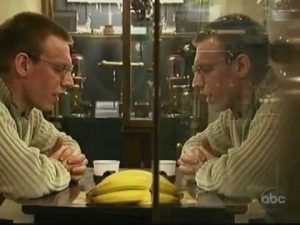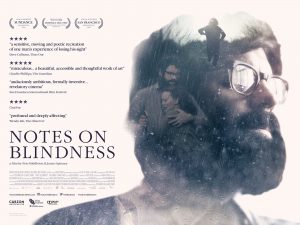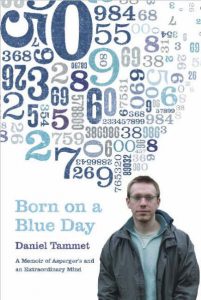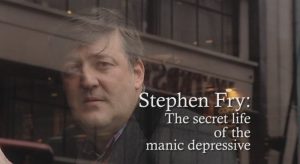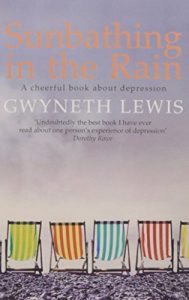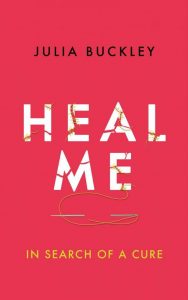 The NHS has a huge problem with chronic pain. Or rather, some people with traumatic pain have a huge problem with the NHS, which in turn can lead to troublesome chronic pain. And that in turn can destroy lives, literally in the case of suicides, but for many others in terms of the appalling distress and the interruption to normal business.
The NHS has a huge problem with chronic pain. Or rather, some people with traumatic pain have a huge problem with the NHS, which in turn can lead to troublesome chronic pain. And that in turn can destroy lives, literally in the case of suicides, but for many others in terms of the appalling distress and the interruption to normal business.
Julia Buckley’s engaging, warm-hearted, but also angry, book is in part an investigation of ways to treat her pain, but it is also an exploration of her body, and the reasons why she developed chronic pain. It is a … Read more...

